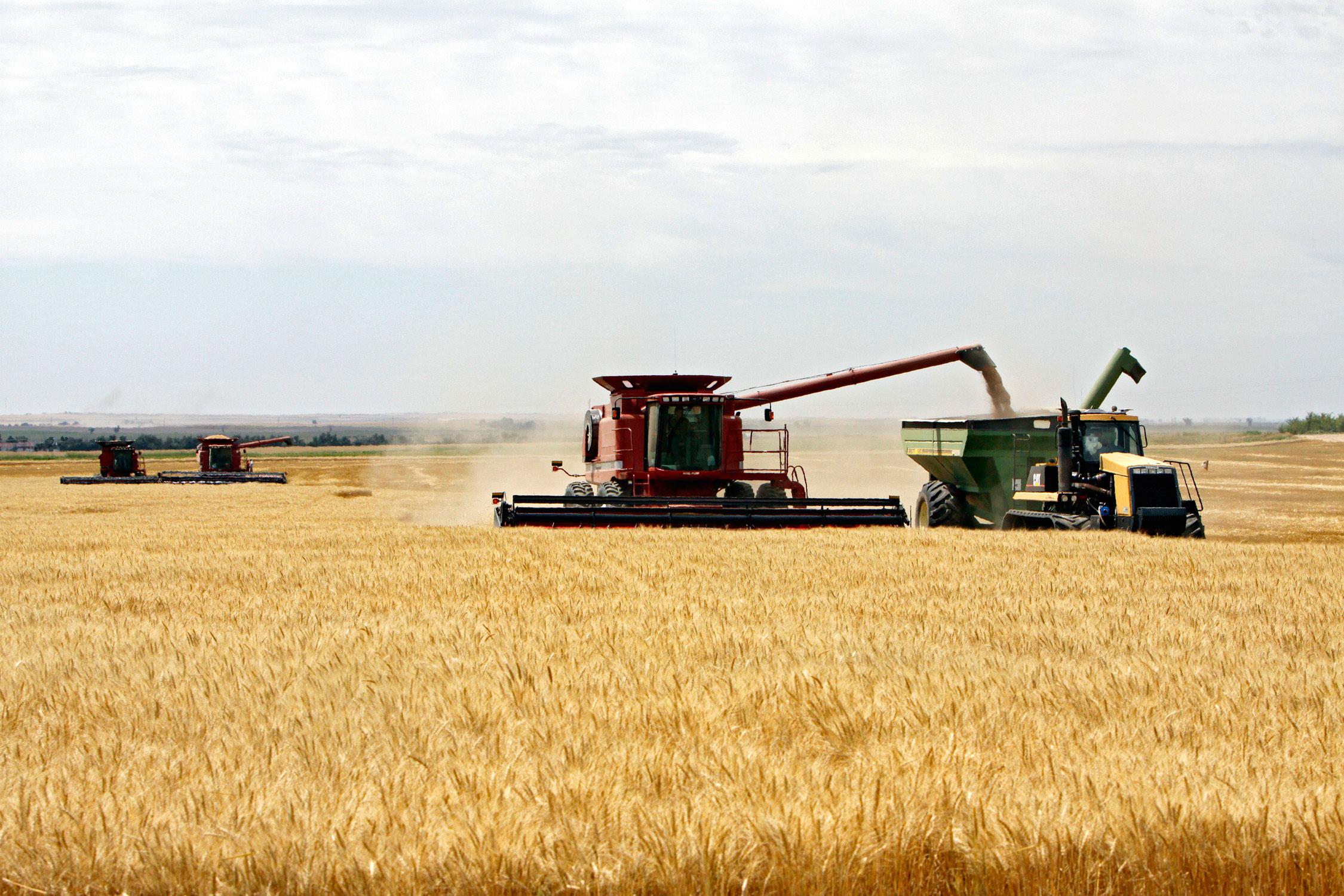

The escalation of trade wars with Mexico and China has put thousands of workers and businesses at risk in Colorado.
The two countries are Colorado’s second and third largest trading partners, after Canada, and import $1.9 billion in goods from the state.
The Trump administration announced tariffs on all Mexican imports starting June 10 if Mexico doesn’t work to stem the tide of migrants coming into the U.S. Experts fear this could lead to retaliatory tariffs on U.S. exports.
The move comes just weeks after President Donald Trump said the U.S. would increase tariffs on a raft of Chinese goods to ratchet up pressure for a new trade deal.
In Colorado, more than 700,000 jobs are linked to global trade, according to the Business Roundtable. The U.S. Department of Commerce reports that almost 6,000 Colorado companies export goods internationally.
The Concern Is The Broader U.S. Economy
Still, Colorado is less vulnerable to a trade war than other states. It ranks 49th in the share of exports to GDP, said researcher Brian Lewandowski at the CU Boulder’s Leeds School of Business.
“I think the fear is a trade-induced slowdown nationally, to which Colorado is not immune,” Lewandowski said.
Most economists and trade groups oppose using tariffs to address immigration at the Mexican border.
Research on tariffs from last year showed that all the additional costs were passed on to consumers. The U.S. Chamber of Commerce warned new tariffs are “exactly the wrong move” in a statement, and noted that the five percent tariff on Mexican imports would amount to a tax increase of $17 billion on U.S. consumers if it goes into effect next month.
“Those are real losses in income that we’re facing as a result of these taxes,” said Philip Luck, a professor of economics at the University of Colorado Denver.
Most companies are unable to adapt to tariffs by moving out of affected countries, Luck said. They’ve invested billions in facilities and in creating complex supply chain relationships with Mexico and China that can’t be changed overnight, even as a big tariff change may come in a couple of weeks.
“The takeaway, largely, is that this is not good policy,” Luck said. “It’s incredibly difficult, or costly, to augment or change supply chains once they’re set up.”
The Impact On Agriculture
Colorado’s weakened agricultural economy would be one of the most affected by potential retaliatory tariffs. Food products are the second largest export from Colorado, according to the Federal Reserve. Low commodity prices and rising costs already impair the state’s farm industry.
Producers are also dealing with the impact of a trade war with China, the state’s third largest export market, said professor Amanda Countryman, an agricultural economist with Colorado State University.
“So adding this challenge with the uncertainty of what’s going to happen with Mexico is incredibly troubling and challenging for Colorado and U.S. ag producers across the board,” she said.
The economies of Mexico and the U.S. are so closely intertwined that there’s the possibility of real economic damage from these tariffs, Countryman said.
“It’s not good for the United States, it’s not good for Mexico,” she said.









